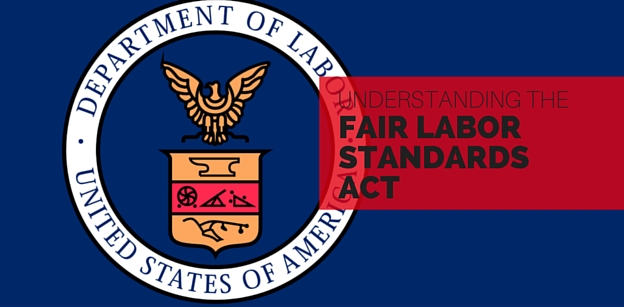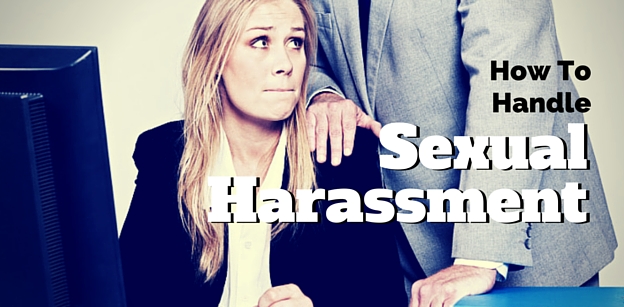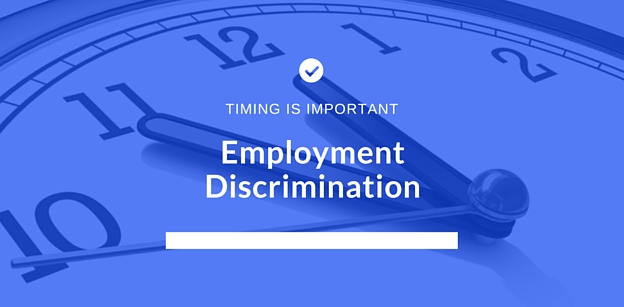Although the phrase “wrongful termination” is often used when an employee is unfairly or unlawfully fired from his/her job, there is no legal cause of action for “wrongful termination.” What that means is that, in Texas, an employee cannot sue his/her former employer based on the sole theory that he/she was “wrongfully” fired. However, there are several potential legal claims that an employee may be able to pursue if the actions of his/her employer violate any employment law.
What is “Wrongful Termination?”
Just because your employer fires you without a good reason does not necessarily mean that you can pursue a claim against that employer. Just because your employer fires you because they feel like there is a personality conflict with you, it does not necessarily mean that you can that you can pursue a claim against that employer. An employee may be able to pursue a legal claim against his/her former employer if the termination was based on discriminatory reasons, retaliatory reasons, in breach of an employment contract, or in violation of some other law or public policy.
Additionally, if you do ultimately have a potential legal claim against your former employer, there may be certain steps you have to take before you can actually file a lawsuit. If you believe you have been terminated based on some unlawful reason, it is important that you contact a wrongful termination attorney to discuss your legal rights. Timing is very important, and you may lose your right to pursue a claim if you let too much time pass.








